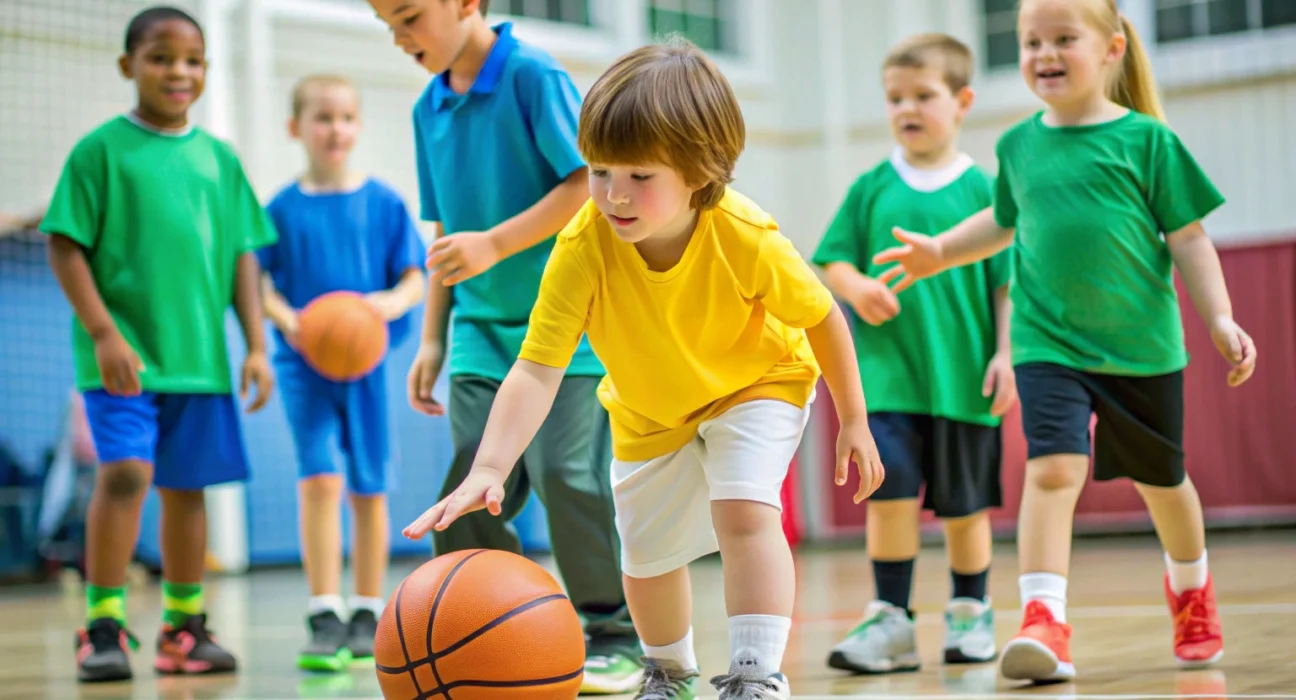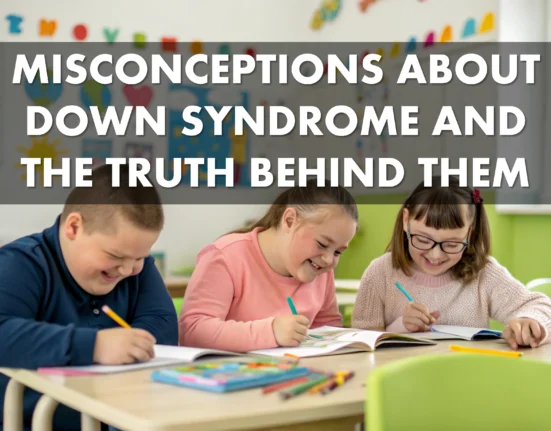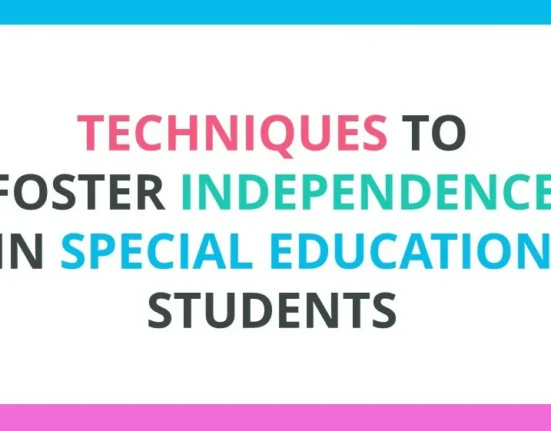Physical activity is well-known for its numerous benefits for children’s development. For autistic children, sports can play an even more crucial role, offering unique advantages both physically and socially. This article explores how sports can be a powerful tool to enhance the lives of autistic children by providing them with these significant benefits.
1. Physical Benefits of Sports for Autistic Children
Enhancing Gross Motor Skills
Autistic children often face challenges with coordination and motor skills. Engaging in sports, whether it’s individual activities like swimming or team sports like soccer, helps improve coordination, balance, and muscle strength. For instance, regular participation in sports can enhance their ability to jump, run, and perform complex movements, which is essential for their physical development.
Managing Energy and Reducing Hyperactivity
Many autistic children display hyperactive behaviors or have difficulty staying calm. Sports provide an excellent outlet for channeling their energy in a constructive way. By engaging in regular physical activity, they learn to better manage their energy, which can lead to reduced hyperactive behaviors and improved focus.
Improving Overall Health
Beyond the specific benefits, sports contribute to overall health improvement. Regular physical activity boosts cardiovascular health, helps maintain a healthy weight, and can improve sleep quality. For autistic children, these improvements are particularly important as they can also positively affect their mental and emotional well-being.
2. Social Benefits of Sports for Autistic Children
Developing Social Skills
Social interactions can be a major challenge for autistic children. Participating in team sports offers them the opportunity to interact with peers in a structured environment. They learn to follow rules, collaborate with other children, and develop essential communication skills. For example, a child playing basketball will learn to wait their turn, pass the ball, and congratulate teammates—valuable social skills they can carry into other areas of life.
Boosting Self-Confidence
Success in sports, even small victories, can have a significant impact on the self-esteem of autistic children. Every achievement, whether it’s scoring a goal or completing a race, helps build their confidence. This can also encourage them to try new activities, both in sports and in other aspects of their lives.
Creating a Sense of Belonging
Autistic children may sometimes feel isolated or different from others. Being part of a team or a sports group can offer them a sense of belonging, which is crucial for their social and emotional development. They feel included, supported, and valued, which can greatly enhance their overall well-being.
3. Potential Challenges and How to Overcome Them
Providing Appropriate Support
To maximize the benefits of sports for autistic children, it’s crucial to provide them with appropriate support. This may include training coaches to understand the specific needs of autistic children and using teaching methods that align with their learning styles. For instance, clear instructions, frequent repetition, and a consistent structure can help autistic children better understand and engage in sports activities.
Choosing the Right Sport
Not all sports are suitable for every child, and this is especially true for autistic children. It’s important to choose sports that match the interests and abilities of each child. For example, a child who prefers solitary activities might benefit from swimming, while a child who enjoys interacting with others could thrive in a team sport like soccer.
Patience and Perseverance
It’s essential to understand that progress may be slow and that every child progresses at their own pace. Parents, coaches, and educators need to be patient and persistent, celebrating every small success and encouraging the child to keep going despite challenges.
4. Testimonials and Case Studies
Success Stories
Many parents and educators have observed significant improvements in autistic children through sports. For example, one parent reported that their son, who struggled with social interactions, developed lasting friendships after joining a soccer team. These types of testimonials highlight the power of sports to transform the lives of autistic children.
Scientific Studies
Scientific research also supports the benefits of sports for autistic children. A study conducted by the University of California found that autistic children who regularly participated in sports showed significant improvements in social skills and physical fitness compared to those who were not involved in such activities. These findings underscore the importance of integrating sports into the daily lives of autistic children.
Conclusion
In summary, sports offer numerous benefits to autistic children, both physically and socially. By improving their motor skills, helping them manage their energy, and boosting their self-confidence, sports can truly transform their lives. It’s essential to support these children in their sports endeavors by choosing suitable activities and providing them with compassionate guidance.
Call to Action
To further explore this topic, parents and educators can access additional resources, such as specialized sports associations for autistic children or practical guides on introducing sports into their daily routines. Additionally, you may find valuable strategies for supporting autistic children by reading the article Strategies for Teaching Emotional Regulation in Special Education. By offering these opportunities, we can help autistic children thrive through the many benefits of sports.






